Career
I have been doing research since 2009, where I began at SAPO Labs/U.Porto with information retrieval work on blog search and link analysis. In 2010, I finished my Master’s in Informatics and Computing Engineering, at the Faculty of Engineering of the University of Porto.
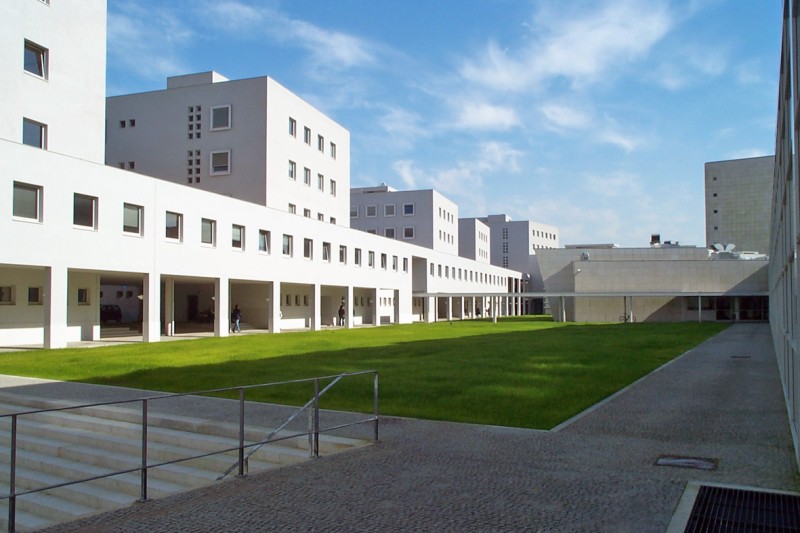
I continued at SAPO Labs, working on data visualization and link analysis for a while, and then I moved to CRACS/INESC TEC, at the Faculty of Sciences of the University of Porto. There, I did some of my most passionate work on network analysis, community detection, and visualization, as a member of the Breadcrumbs project.
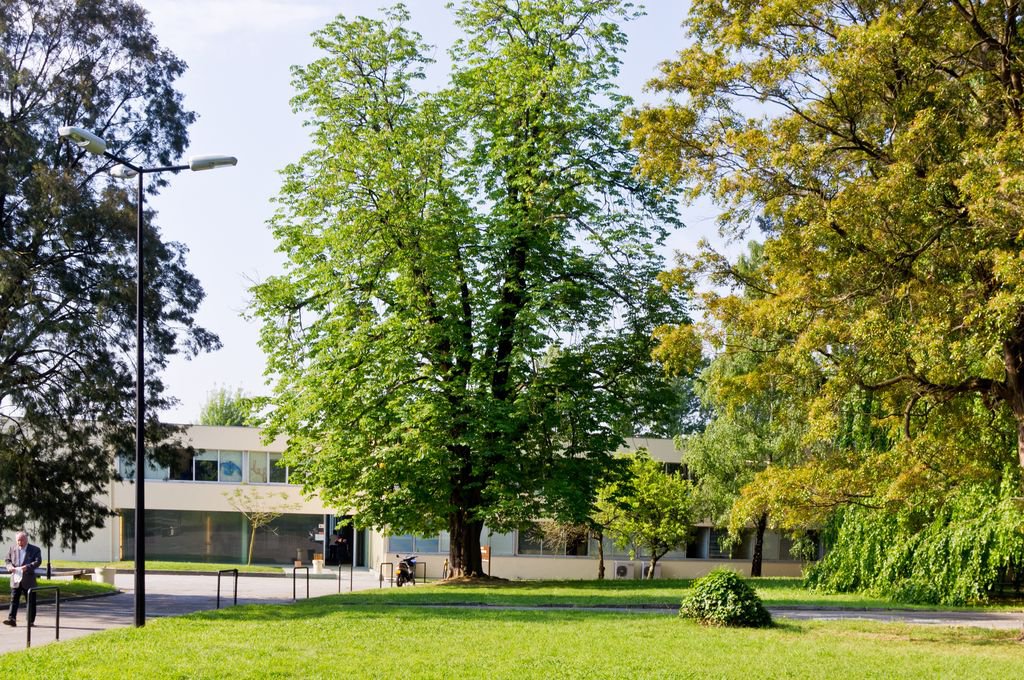
I eventually came back to SAPO Labs with an enticing offer to work on music recommender systems, the Juggle project. This was a project I truly loved working on, where I got the chance to explore graph-based recommender systems, and adapt the concept of IDF to music discovery, based on hybrid recommendation — nowadays, I still listen to some obscure death metal I found through my own system.
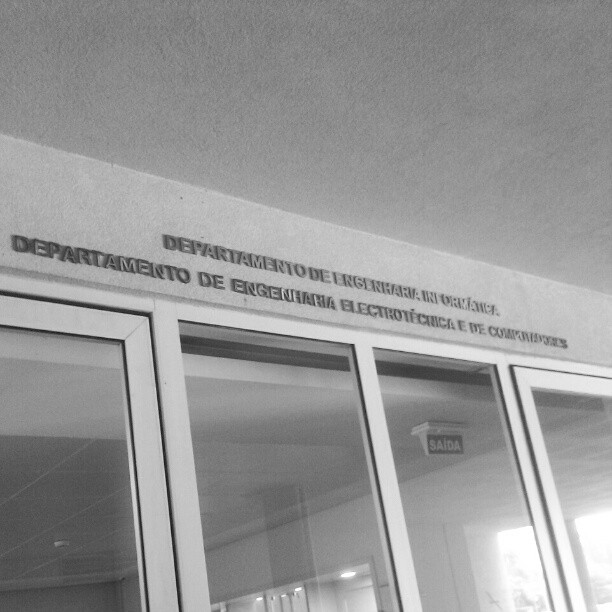
When that project ended, I decided to leave to explore the industry for a while, working on a data science startup, where I did pretty much whatever was required of me.
Then, I came back to my alma matter to reattempt to pursue a PhD, after several failed attempts at getting funding. In 2015, I joined FEUP InfoLab and, in 2016, I was able to begin working on my thesis, entitled “Graph-Based Entity-Oriented Search”, which I successfully defended in January 2021, finally attaining my doctoral degree. For nearly five years, I was a proud student at MAP-i, the Doctoral Program in Computer Science of the Universities of Minho, Aveiro, and Porto. This program provided an amazing curriculum with many interesting and useful courses, taught by the best scholars of the three universities on the corresponding subjects — it was one of the best years of my life as a student.
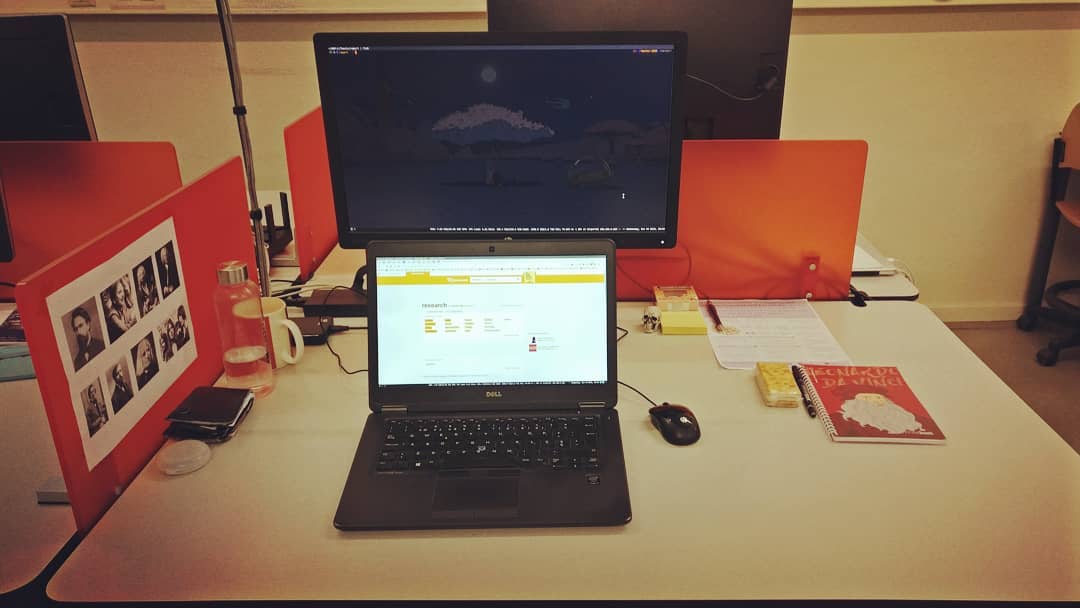
After that first year, I turned my focus to the thesis. I had decided to explore generalist approaches to information retrieval, proposing a hypergraph-based joint model for indexing corpora and knowledge bases. On top of such an index, I then proposed a universal ranking function that was able, through a simple selection of the input and a trivial collection of the target output, solve four of main tasks in entity-oriented search: ad hoc document retrieval, ad hoc entity retrieval, related entity finding, and entity list completion. The two latter tasks were similar to recommendation tasks, and this felt a bit like the perfect ending to my academic life. If you’re curious about my work, check out the ANT search engine, whose backend I built, as well as Army ANT, where most of the code from my PhD ended up.
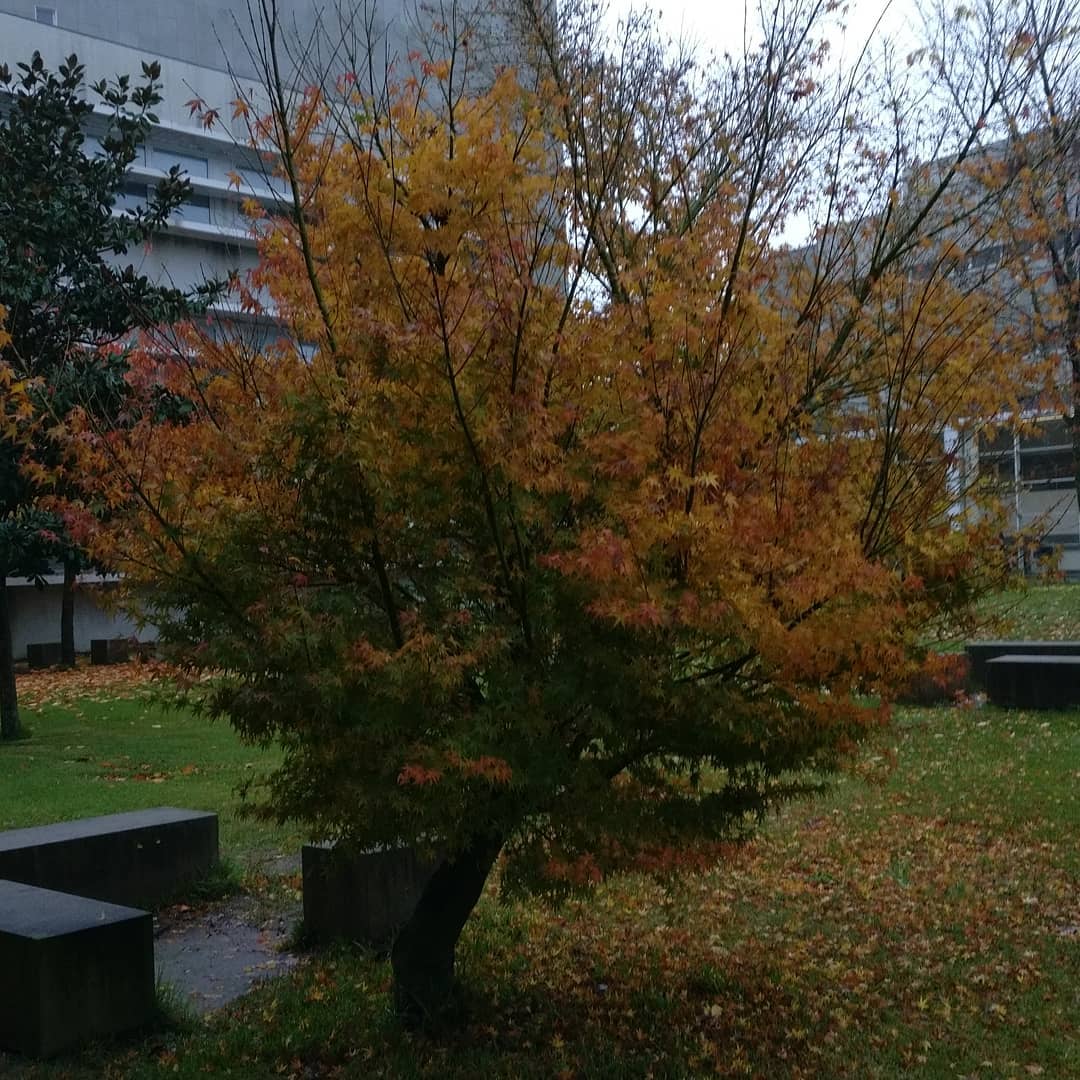
After finishing the writing of my dissertation, during a COVID-19 pandemic while on lockdown, I successfully defended my thesis to some of best scholars I know — on my slippers, I might add (one of the hidden benefits of remote juries during a pandemic).
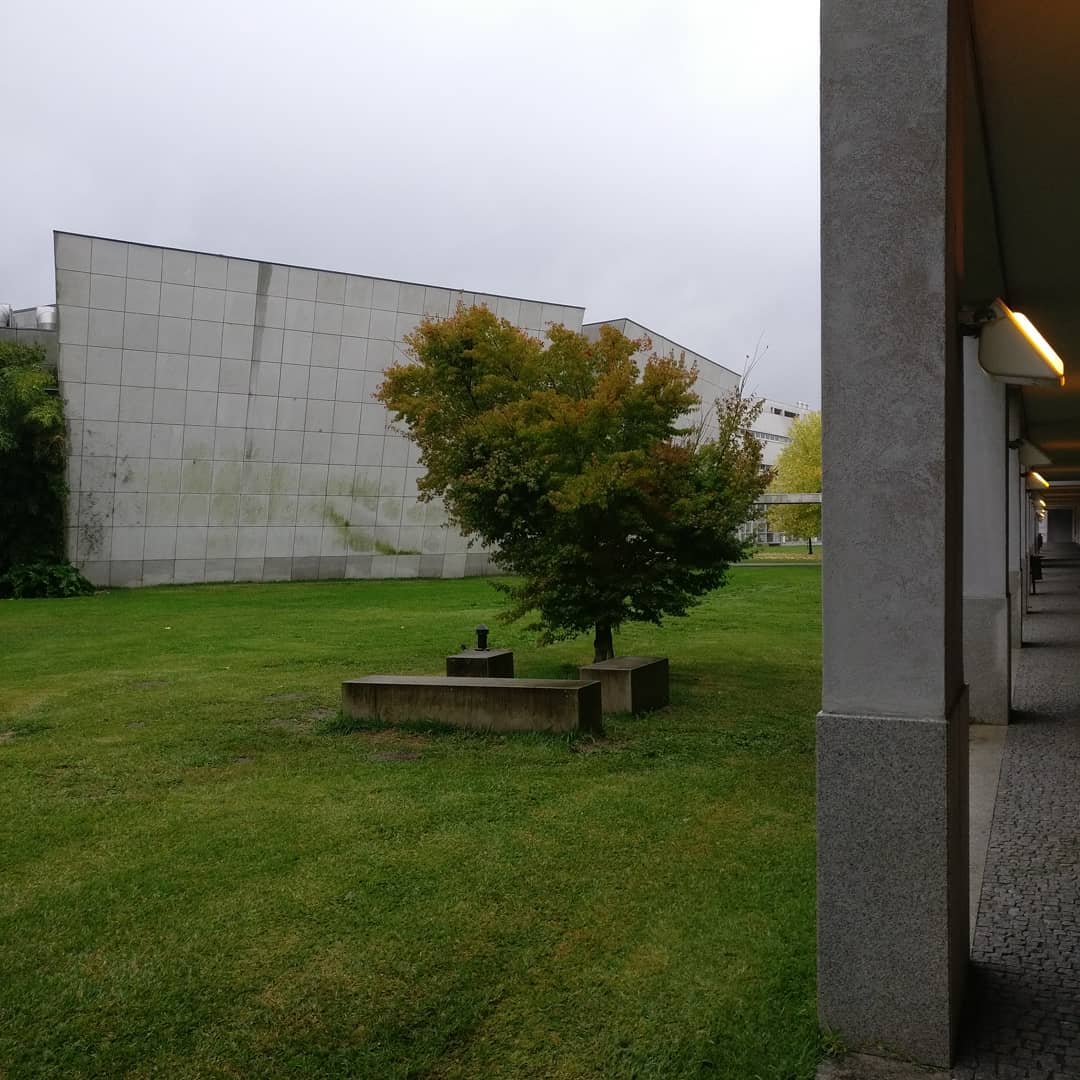
As the end of such a heavy-weight stage of my life drew near, I found a new passion in an unlikely place. I started getting really interested in financial markets and trading! I started exploring technical analysis, mostly while doing margin trading with demo accounts on forex. However, it was when I decided to move into crypto spot trading — this time with a real account — that I found my place. At the same time, I also started to get more and more into politics, finding a true passion for liberalism, freedom, and capitalism. I still remember the day I understood the Futures market for commodities and how beautifully it solved the problem of uncertainty in cereal production, which, as you know, can be affected by external factors like the weather.
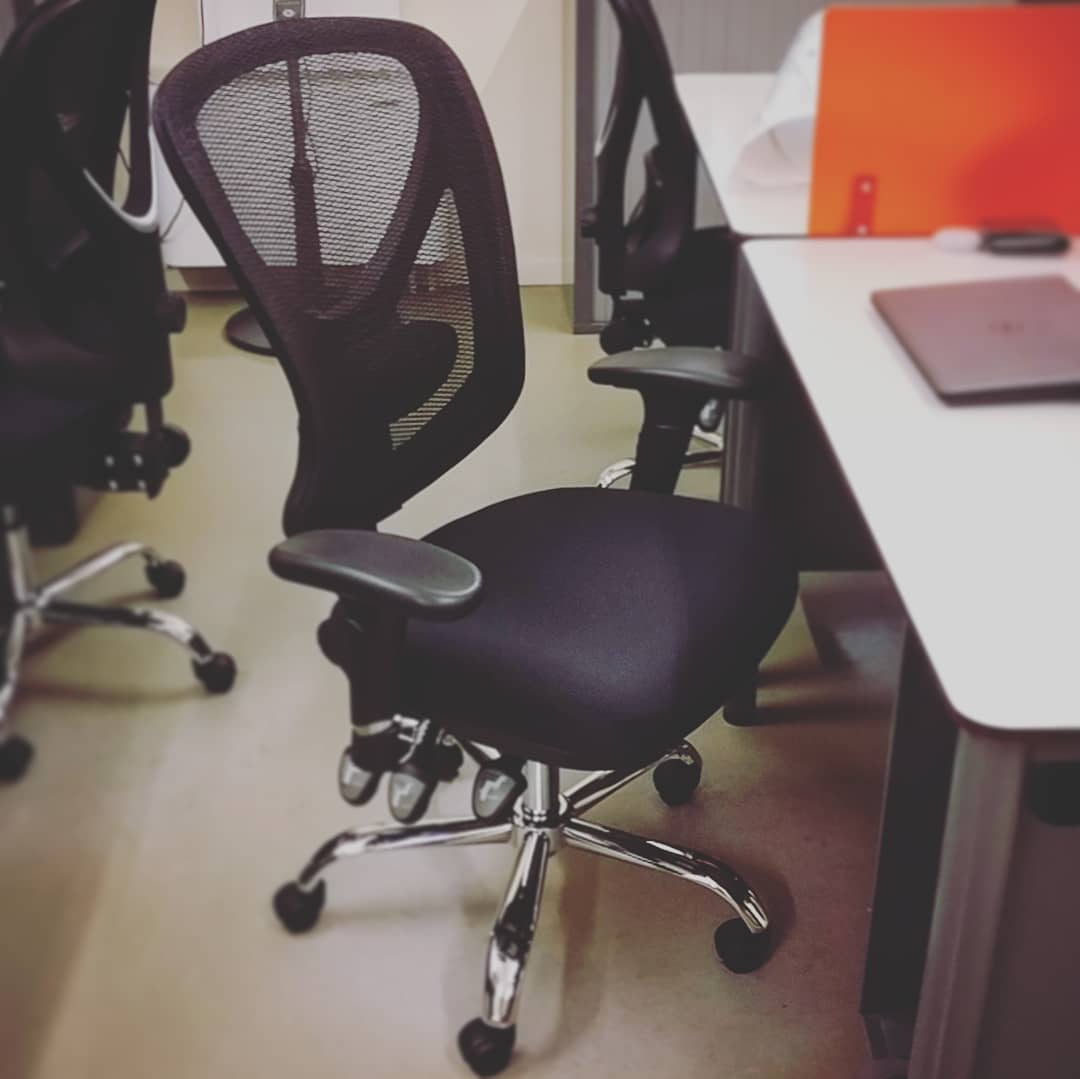
Now, I am adrift, randomly walking in an attempt to find my own path — a non-conformist looking for a brighter future.
